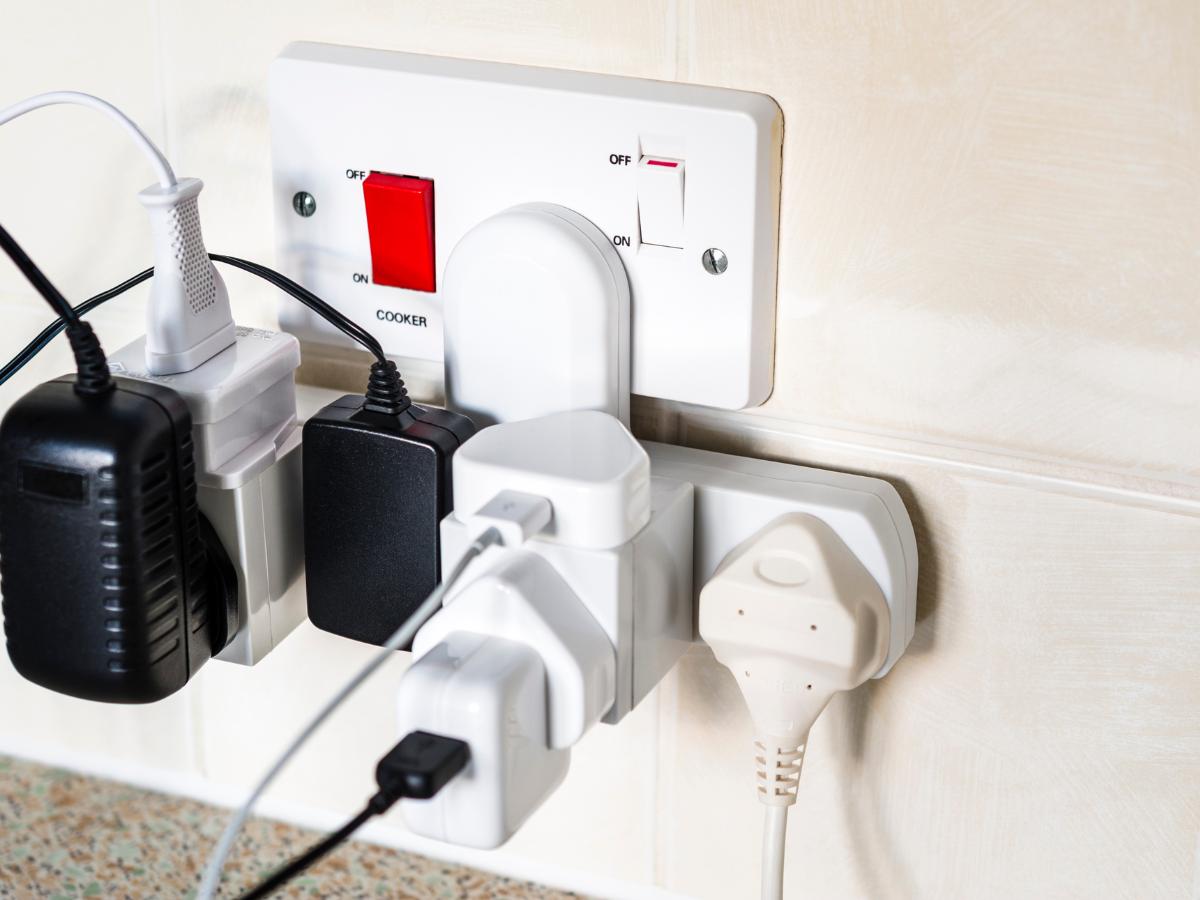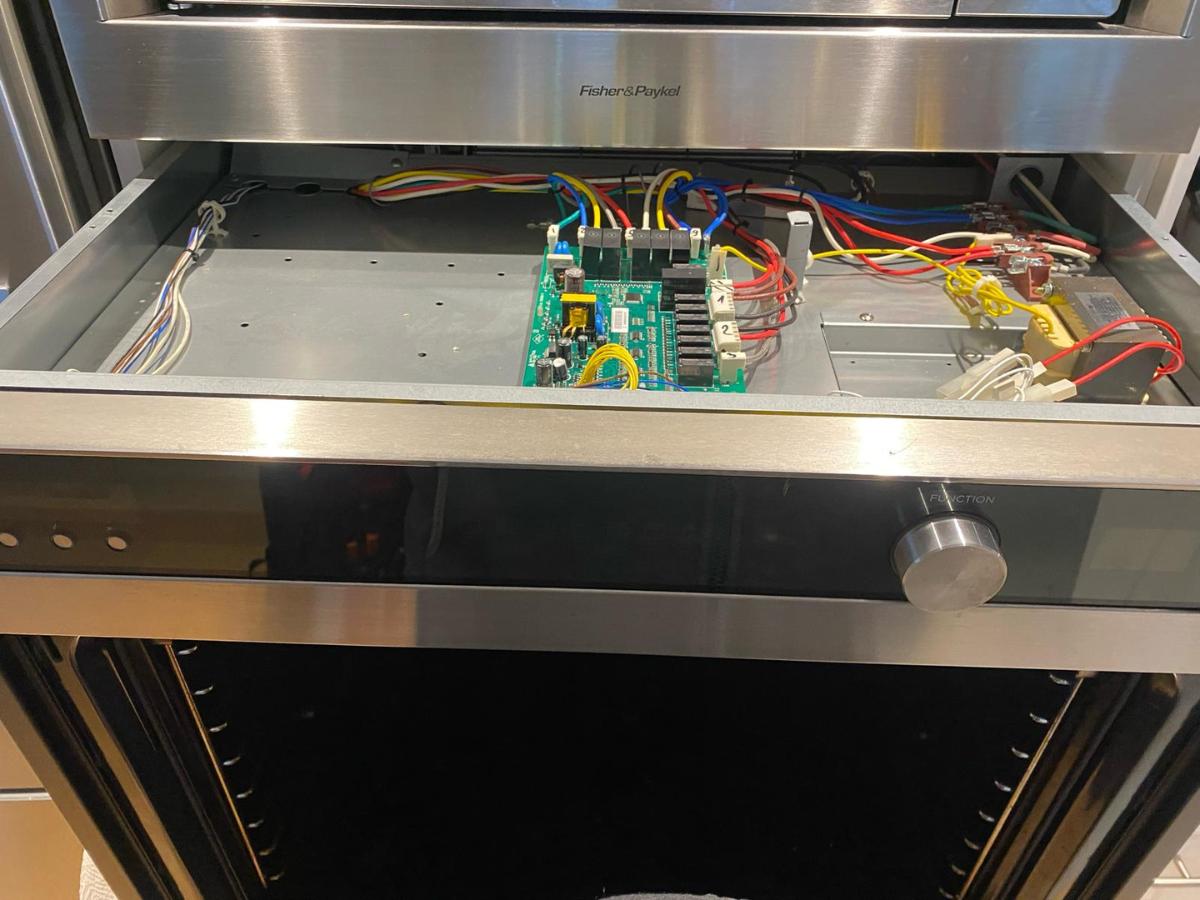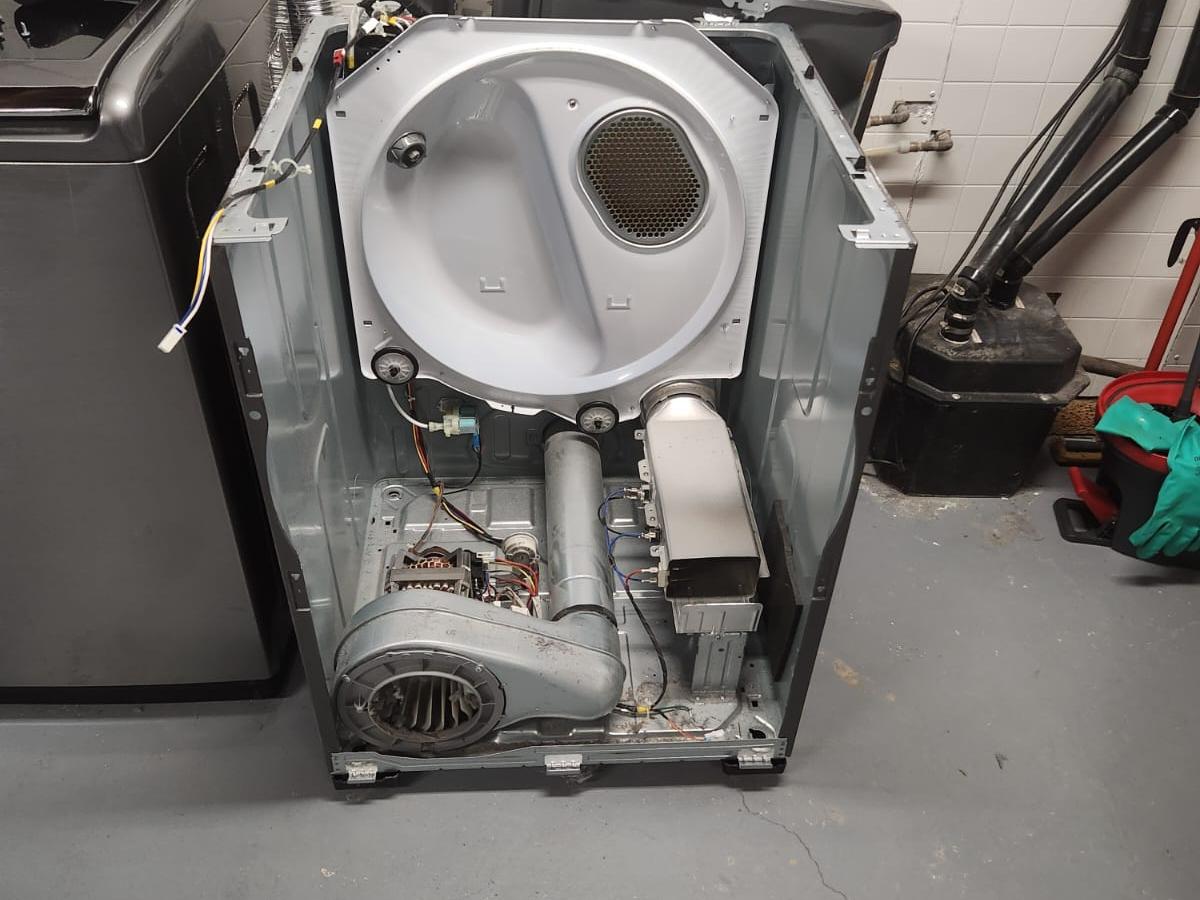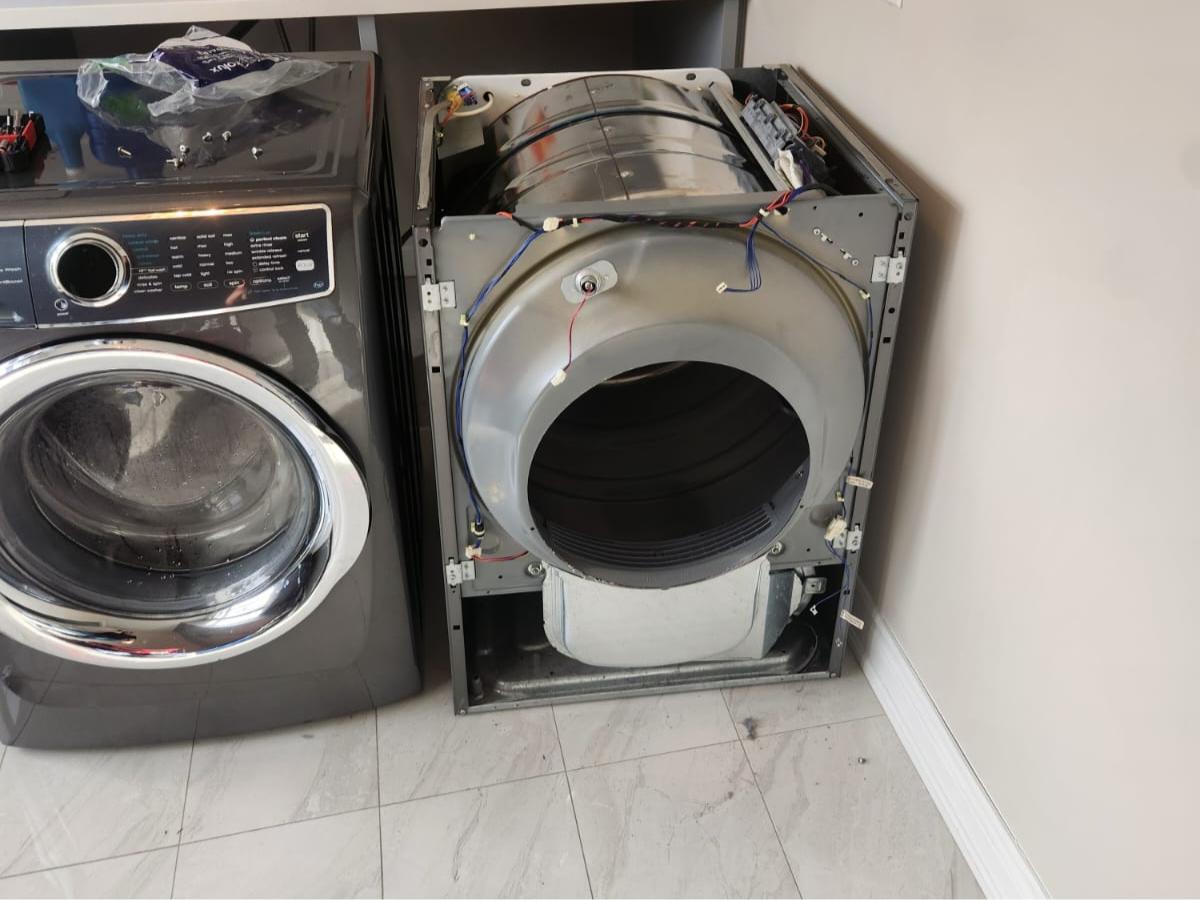
Ever had one of those moments when you’re running the dishwasher, the oven’s cranking away, and then suddenly, out of nowhere, everything just goes dark? If this sounds all too familiar, then you’ve likely suffered through an appliance overload. Not fun at all.
Therefore, it is important to comprehend how appliance overloads and power surges arise, and most importantly, how to cope with them. Let us consider the ways of safeguarding your appliances from being destroyed, preventing electrical mishaps, and, above all, keeping your peace of mind intact.
You might have heard the term before, but what is an appliance overload? It takes place when overloading an electrical circuit than what it was designed for. Imagine it like a minivan but instead of a passenger per seat, you end up fililng way more than the car can take. The engine would simply give up after a while, right?
This overloading is more likely to take place in older homes or homes that were not designed to handle the high-voltage appliances available today. A modern kitchen, for example, has several high-power gadgets such as fridges, microwaves, and dishwashers. When these share the circuit, it tops up the ability of the electrical system to overload.
Other major culprits of overloads include high-power appliances like space heaters, hair dryers, and washing machines when operated altogether.

Although handling appliance overloads may sound technical, you don’t have to be an electrician to take a few simple precautions. Here’s how to prevent overloading your home’s circuits:
Think of each electrical outlet as a tap with a limited water flow. Plugging in multiple devices can lead to one outlet bearing the brunt of your power needs. To prevent this, spread your devices across multiple outlets or different circuits.
Most circuits in the house are designed for 15 or 20-amp loads. Each of these appliances draws a certain amount of current. Understanding how much a single device uses can help you better manage your electrical requirements. If your circuits are constantly tripping, it might be time to reassess how your appliances are distributed. In some cases, it may even be wise to consider upgrading your system.
Though they are more popularly known to be devices of protection against power surges, surge protectors do have their uses in the management of electrical loads. Surge protectors work like buffers as they avoid making your appliances demand too much power at once.
When the electrical system of your house is old enough, it is sometimes best to upgrade it. Many modern appliances require more power compared to what older homes were designed for. A good electrician can help someone determine if their system needs an update or not to avoid constant overloads.
While appliance overloads cause immediate shutdowns, power surges are more silent disruptors. Sometimes you may not notice that a surge has taken place until it is too late, with one of your expensive devices damaged.
A power surge happens when there is a sudden spike in the electrical current. Imagine a quiet river instantaneously rolling in a huge wave: everything in its path has a good chance of being destroyed. That same excess electricity races along the wiring in your home during a surge, and whatever it is plugged into will get fried.

Surges can be caused by several factors, including:
Just as in the case of an overload of appliances, dealing with power surges requires a mixture of planning and equipment. Here’s how you can shield your home from the effects of a surge:
To put it in perspective, think of it as having a guard at the gate of your home’s electrical system. A whole-house surge protector works much in that respect: rerouting excess voltage off the circuits before it ever reaches your appliances. An excellent first line of defense is installing one of these at your main electrical panel.
While whole-house protectors are effective, they’re not foolproof. It’s a good idea to back them up with point-of-use surge protectors for at least your most expensive electronics—think TVs, computers, and home theater systems. These will help to keep small surges from frying your sensitive electronics.
Yes, it’s a bit old-fashioned, but when a thunderstorm is rolling through, it’s still a good idea to unplug any non-essential devices. Power surges caused by lightning are one of the most powerful surges, and even the most reliable surge protector cannot fully guarantee protection. Unplugging mitigates the risk entirely.
Surges sometimes originate with the wiring in your home. If your home is older, it simply may not have the wiring to handle today’s high-powered appliances and thus be prone to frequent surges. An electrical inspection may identify whether an upgrade is needed.

Heavy appliances like your AC, fridge, and washing machine have a habit of clicking on and off regularly. Every time they do, they send a tiny surge through the power line in that circuit. You can reduce these surges by having the bigger appliances on separate circuits.
This is not only about the money you’ll save from avoiding power surges and appliance overloads. It’s about securing your home. It’s about making sure the electrical services you rely on are safe and efficient. Of course, a breakdown of the fridge in the event of a surge within a summer heat wave would just be terrible.
Aside from these, you will have to deal with costly repairs and, not to mention, the replacement of groceries gone bad. Or how depressing would it be if your computer, with very important files, were destroyed because of a sudden surge? A few steps now could save the headaches later. Renovating your home’s electrical system is a smart move. Buying surge protectors adds another layer of safety. Unplugging electronics during a storm is a simple but effective step. These practical measures protect your home. They also keep your appliances safe.
Overall, it’s all about balancing handling appliance overloads and protecting appliances from power surges. You wouldn’t think that one circuit should be able to handle every appliance in your home, nor should you rely on a single line of defense against power surges. Instead, you should layer your protections-whole-house surge protectors, individual surge devices, smart use of your circuits-to make sure your home is as protected as possible.

With a little effort, it can go a long way toward making sure your appliances stay in tip-top shape and that your electrical system runs smoothly for years to come. It is always good to call a professional if you ever feel uncertain about your home’s electrical system or if you want to make double sure that your devices are safe.
If your appliance is on the fritz after an overload, don’t worry—give us a call for swift appliance repair in Toronto and anywhere in the GTA. We’ll have it up and running smoothly in no time!